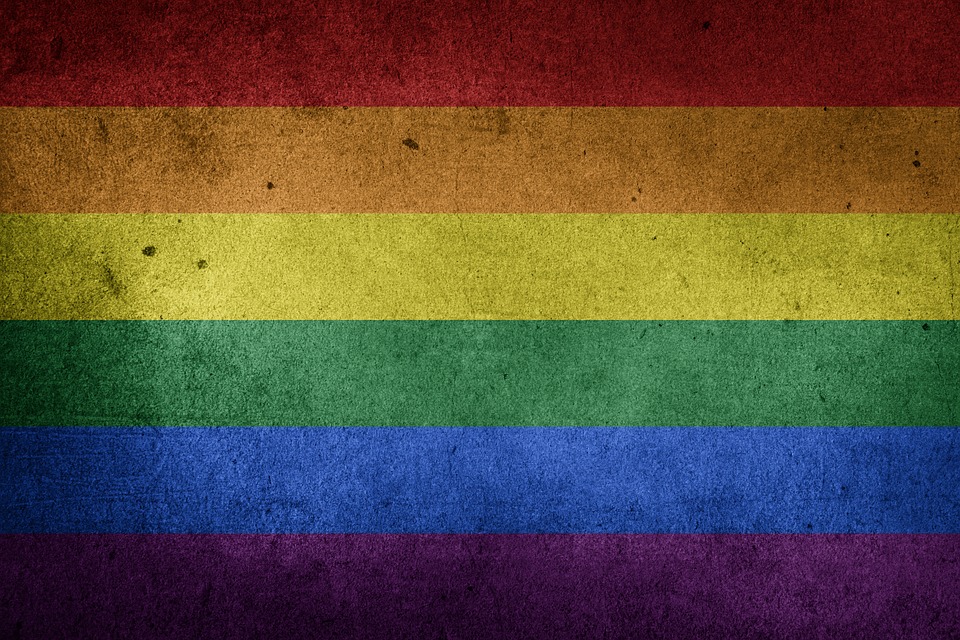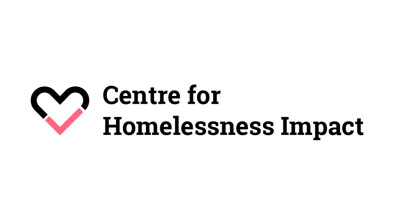LGBTQ+ people ‘more likely to experience homelessness’

LGBTQ+ people are also often more likely to encounter overlapping experiences of social exclusion
People who identify as LGBTQ+ in Britain are more likely to experience homelessness than their peers, but little is known about instances and experiences of homelessness among the LGBTQ+ community, according to a new report.
A new publication from the Centre for Homelessness Impact looks at sexuality, gender identity and homelessness, and outlines where the research into interventions to help LGBTQ+ people is lacking, and puts forward policy recommendations.
Another key point in the report is that LGBTQ+ people are often more likely to encounter overlapping experiences of social exclusion (ie. institutional care, substance use) that will in turn increase the likelihood of them experiencing homelessness.
Young people who are LGBTQ+ are also more likely to enter foster or residential care, and young people who are care experienced are also much more likely to be impacted by homelessness than their peers.
The report adds that many LGBTQ+ people experience mental health challenges, particularly as young people. These challenges are associated with adverse economic outcomes and in turn, with homelessness.
Despite progress made in recent decades, there is still reason to be concerned for the wellbeing of LGBTQ+ people across a number of domains. The 2017 National LGBT survey, launched by the Government Equalities Office revealed that LGBT individuals were less satisfied with their life than the general UK population, due to fear of negative reactions, and experiences of harassment and violence.
To understand fully what works to end a society challenge, the Centre for Homelessness Impact said gaps in the evidence base need to be identified as a crucial part of the process of mapping what must be done to end homelessness for good. The report highlights that there is a shortage of robust research into instances and experiences of homelessness among people who identify as LGBTQ+, and that relevant data is incomplete or, at best, partial.
Specific recommendations to policy makers, deliverers and commissioners of services include:
- That existing evidence is leveraged to support LGBTQ+ people;
- That research is conducted to understand how to reduce discrimination and prejudice among professionals;
- That large-scale randomised trials are conducted to identify the impact of promising interventions on LGBTQ+ people;
- That data quality is dramatically improved on the number of those at risk of, and experiencing homelessness
Dr Ligia Teixeira, chief executive of the Centre for Homelessness Impact, said: “Young people who feel uncomfortable to be open about their sexual orientation or gender identity may leave their family home before they might otherwise have done so or be forced to leave. Accessing homelessness services may also present additional challenges or complexities for people who identify as LGBTQ+ meaning they are less likely to receive timely or appropriate support.
“Much relevant data of patterns of homelessness among LGBTQ+ people is incomplete or, at best, partial. People who identify as LGBTQ+ are a large and important group for whom we can act now to test the effectiveness of innovative interventions to establish which have the most impact in reducing the risk and shortening the experience of homelessness.”






